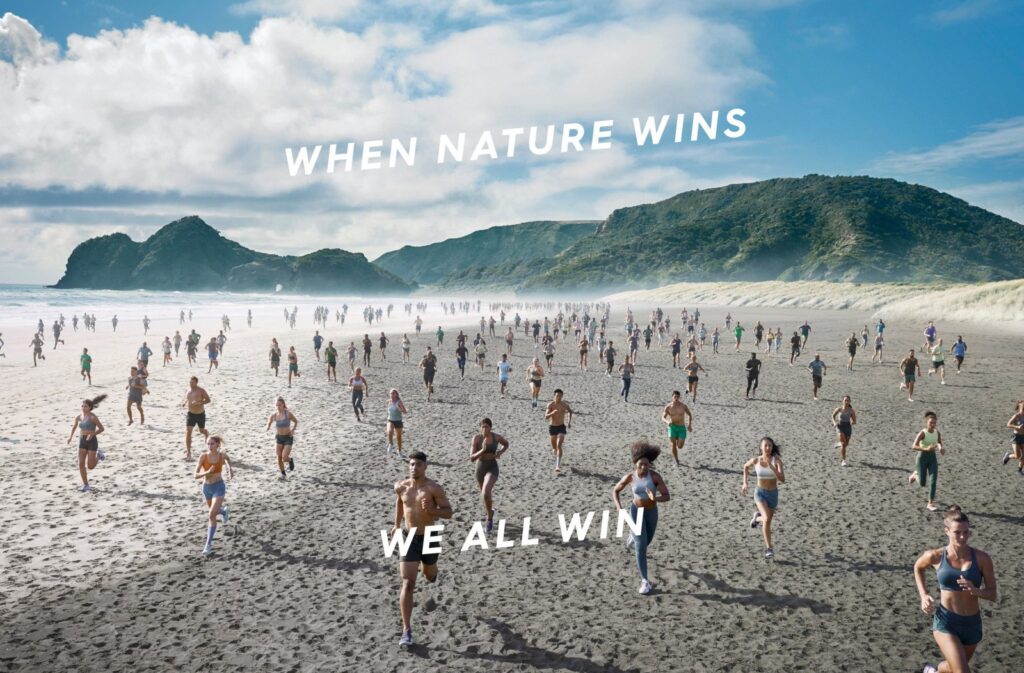Litigation over sustainability-focused claims continue to plague companies, as they look to cater to consumers by way of “green” products and corresponding marketing messaging. At least seventeen greenwashing class-action cases were filed or decided between June 2021 and June 2023, according to data from law firm Mintz, which notes that the number of “greenwashing” class action cases filed by private plaintiffs has significantly increased in recent years and “a large proportion” of these cases have survived motions to dismiss. Among the most common types of environmental, social, and governance (“ESG”) cases that were filed in 2022 and the first quarter of 2023, per Bloomberg, were those that take issue with “general environmental” marketing claims and claims that relate to product disposal.
General “Green” Litigation
A number of cases waged against apparel and footwear companies – typically in states with plaintiff-friendly consumer protection laws, such as New York, California, and Missouri, and by way of unfair competition, false advertising, misrepresentation, fraud, breach of warranty, and unjust enrichment causes of action – come to mind in terms of those that center on “general environmental” marketing claims. Among them are …
– Dwyer v. Allbirds (filed Jun. 2021 in SDNY): Allbirds was named in a proposed class action for allegedly failing to live up to claims about the carbon footprint/environmental impact of its wool shoes, which it calculated using Higg’s life-cycle assessment tool. Patricia Dwyer accused the company of violating New York General Business Law (“NY GBL”) sections 349 and 350, the Magnuson Moss Warranty Act (for breach of express warranty), negligent misrepresentation, fraud, and unjust enrichment.
Granting Allbirds motion to dismiss in April 2022, the court found that Dwyer’s criticism was of the life-cycle assessment tool’s methodology, not with Allbirds’ statements about its products since Dwyer did not allege that Allbirds’ carbon footprint-specific calculations were wrong, or that it had “falsely described the way it undertakes those calculations.” The court also determined that Allbirds’ depictions of “happy” sheep were puffery, and thus, did not amount to any actionable representations.











